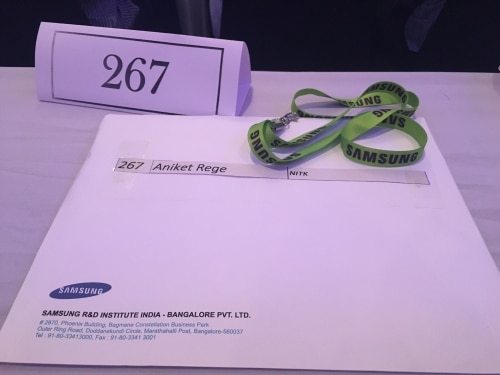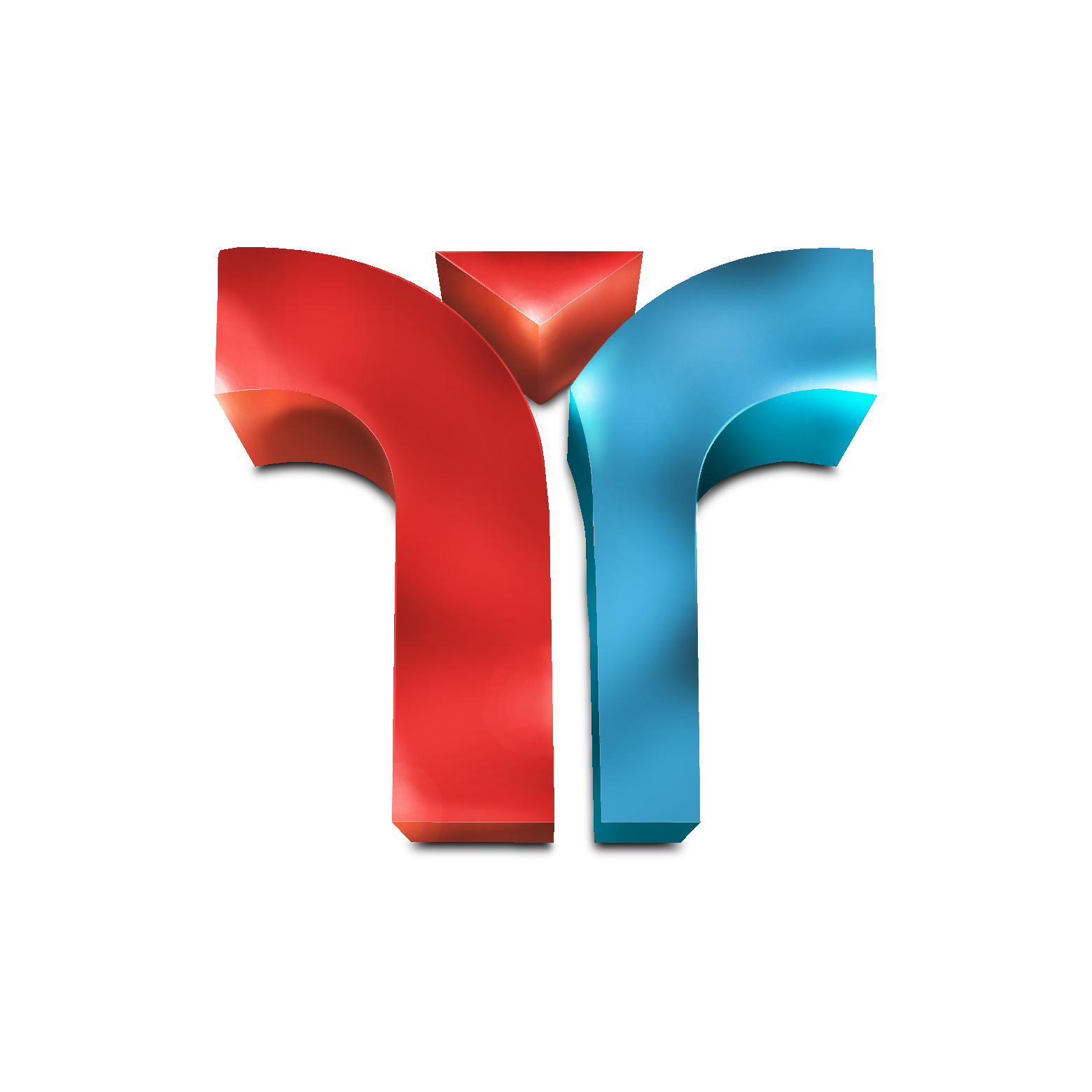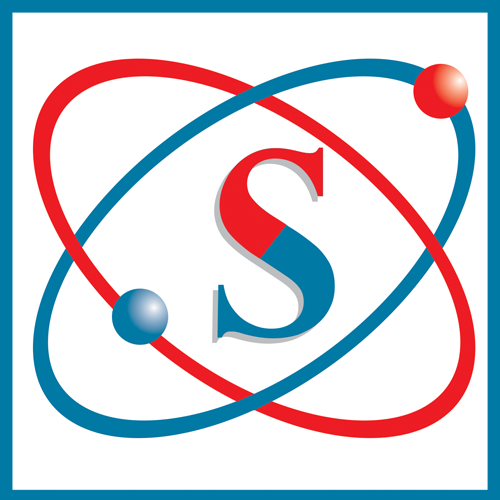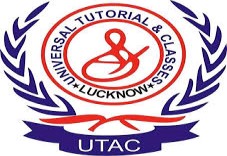It all began with an interview. But not the one you think. I was sitting for club recruitments, hopeful to get into the only club I wanted in college, the Indian Society for Technical Education, National Institute of Technology, Karnataka Chapter (or ISTE-NITK for short). NITK has a total of 6 major technical clubs, which conduct recruitments at the start of the new academic year for third semester students.
I had taken part in a few ISTE events in my first year, and every time I met them in a group, they were always laughing and joking together, and discussing technology and things that interested them. There was a strong sense of fraternity and family that I knew I just had to be a part of. I had a strong love for electronics, and also was an avid reader and wished to cultivate a burgeoning interest in writing, and hence I gave interviews for all of the special interest groups (SIGs) concerned with these fields.
One month later, I had been accepted into the club, had conducted a college wide event gathering 500 participants, as well as a Basic Electronics workshop for first year students, which helped me get back to my basics, and learn more through teaching them to others. It was here that I briefly met Anmol, an ISTE alum who had graduated the previous year, and who had just started working at Samsung Research Institute, Bangalore, as a fresher.
The third semester is the induction of students into their branch, as first year is common for all students, and hence I was finally learning the subjects which I liked. I applied my theoretical knowledge into real world applications for the first time during our annual Tech Fest Engineer’s Technites events. We built many analog DIY applications from scratch, and learnt how basic electronic circuitry works. We learnt how to design innovatively, and more importantly how to debug!
The most valuable lesson I took from this is to not give up when your application doesn’t work (that will definitely happen), but to systematically analyze the error, and retrace your steps to fix it. This was my first experience into working modularly, that is with the view that my code or application should be easy to analyze and debug, and should be in a concise and well written format. As I have learned in the months that have passed, this is one of the most valuable skills to have in professional life. My seniors would stay up till 3 am, or 4, or 5, however long it took for their application to work. They were ready to learn something new at any time of the day, and their excitement and passion drove me to pursue my own. I cannot thank them enough for this indomitable, unrelenting attitude towards success.
Engineer is usually the time passed out seniors first visit the college again to see what their legacy has been, and this is especially true for our Technites committee. Here I met Anmol again, and he took me and a few other ISTE members for a treat and a fun bowling session. Here was a guy I had met just twice, and he was taking me on a treat with his friends. THIS is why I had joined ISTE, to meet the best people the college had produced, and to learn from them.
A month later, Anmol (in his role as Samsung’s campus ambassador for NIT Surathkal) told me that SRIB would be coming to our campus to conduct an “Appathon” competition, which was exactly what it sounded like: a hackathon with a mobile app theme. I thought it would be a great opportunity to learn and interact (once again, an attitude I picked up from spending time with my seniors), so I formed a team with two of my friends. Soon, we learnt that the theme for the appathon was building an augmented reality/virtual reality application while using a Samsung APK for the inbuilt gyro/oscilloscope in their smartphones.
We were a little stunned. We asked around college, and absolutely nobody had any experience with AR or VR. It was an extremely intensive subject, and one that required a lot of resources and experience. We decided to make a biometrics application, with the intent of making the most practical and useful real world application. As I have learnt in the time that has passed, this is perhaps the most important first step to any project (its first key aspect, as I will elaborate on later), IE its practical usability in the market.
As with any project, on D-Day, we divided the tasks efficiently among our team members. I would handle the image processing part in MATLAB, and deal with building the database and training the algorithm to recognize test cases. My classmate Prabhanjan would handle the UI and the process of recognizing a face, and taking an image immediately. Our third team mate Param, from IT, would be handling the backend, IE facilitating communication between the phone, and my MATLAB algorithm. The application was designed to work as follows:
- The user would use the Samsung Android mobile device as an augmented reality display similar to Google’s Cardboard Box, IE by keeping it in front of his/her eyes, so that everything is seen through the camera
- On detecting a unique face, the phone would instantly take a picture of that face
- The backend would take this image, and send it to my processing algorithm through WiFi
- My algorithm would compare the image against its trained database, and compute the identity of the individual in the image
- The details of this individual (name, age, occupation, etc.) would be displayed on the front end (the mobile), thus accomplishing the task of Augmented Reality.
The Appathon was due to commence at 9 AM and went on till 7 PM. Our team was focused, and worked diligently with clear intent and cooperation throughout the day. We made use of the employees that Samsung had brought with them, and pestered them with doubts about how to accomplish various sub tasks. More than anything, however, we had fun. We enjoyed the free T-shirts and pizza we had for lunch, and learned a lot from the innovative ideas that the other teams were working on. We really believed in our project, our effort, and our ability to deliver. I believe that technical execution of the idea is the second key aspect of any project.
We knew all our efforts would be in vain if our final project report/presentation to the judges wasn’t the best that it could be. So 15 minutes before the 8 PM deadline, I made a structured plan with the team as to who would explain what, and on what points to stress. I strongly believe that this is the third key aspect of a successful project, IE presentation, and how you are able to convey your thoughts and ideas succinctly.
After all teams had presented their projects, the results were announced: our team had placed second. We were disappointed, but still proud. We had beat many third year students while still in our third semester, and delivered a practical, real world application with many possible future applications. We were called aside, and Anmol happily let us know that the judges had suggested we be offered internships at Samsung during the summer. For the second time during the course of this endeavor, we were stunned. We couldn’t believe what was happening. “Why?” We asked incredulously.
The judges loved our team’s dedication and enthusiasm towards our work. We were very passionate and inquisitive, and worked hard and with focus to achieve our goals. Along with this, we had delivered a working model of a project that was practically realizable, and commercially viable for the future market. We couldn’t believe it. I don’t think I actually believed it would happen until we received the offer letter by email in March, almost 5 months down the line.
I’ve currently been working at Samsung for the past two weeks, and the experience has been incredible. I’ve met absolutely brilliant people, both technically astute, and eager to share their knowledge and experience with us. My journey has led me to one of the world’s leaders in technology and development, but it was the journey, where I learnt how to focus my passion into a singular drive to achieve what I wanted, and to create something practical and new, which really made the difference.
To quote Steve Jobs, looking back, I can see how all the jigsaw pieces connected. I had no idea that any of this would happen when I joined ISTE, or Technites, or even signed up for the Appathon competition. I just believed in my choices, and made the best out of the opportunities I was given. And above all, I never stopped questioning. I never stopped trying to learn from people much more intelligent than I. I just went with my gut, and never stopped following what I thought was the right path, to make the right choices. And I hope that I never will.
Links:
You Might Want To Read:
Actuarial Science Examination Mock Test Paper 1, Best 6 Clat Coaching Institutes In Lucknow, Digitrend, Andhra Pradesh Grama Ward Sachivalayam Practice Test, I G S Chemistry Question Paper 3 2016, Sindhi Language Question Paper 1 2015, Digboi College Assam, Promosys Technology, Board Biology Question Paper 18 2014 Solved, How To Host A Website










Like what you read? Give author a thumbs up?
Bookmark this article to read later, drop a remark in comment section and share with your friends..